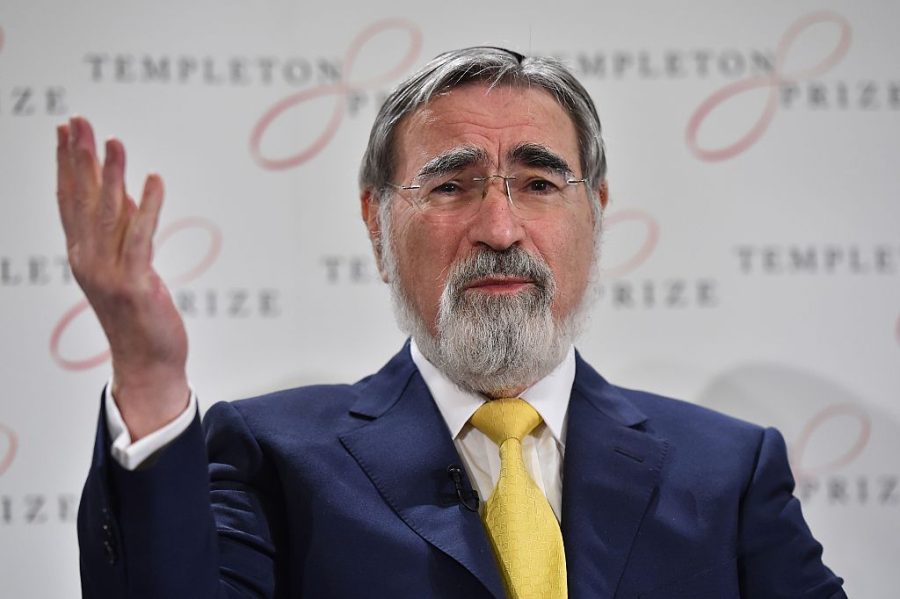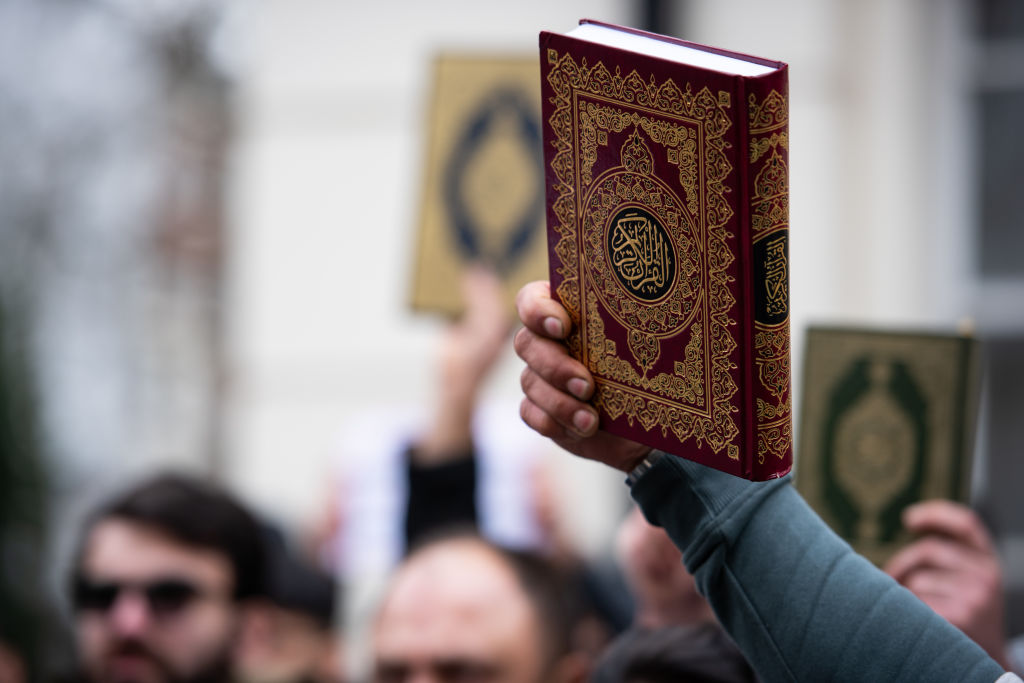When King Charles paid tribute to Rabbi Lord Jonathan Sacks following his death in 2020, he called him ‘a light unto our nation’. It was a phrase that captured something profound and widely felt. Rabbi Sacks, who had served as Chief Rabbi of the United Hebrew Congregations of the Commonwealth from 1991 to 2013, was a towering figure in British public life and a moral voice of global reach. His speeches echoed in parliament and pulpits alike, his words sought out by broadcasters and schoolchildren, his counsel prized by religious and secular leaders across the world.
This autumn sees the publication of a remarkable new edition of the Chumash, the Five Books of Moses, the foundational texts of the Hebrew Bible, accompanied by Rabbi Sacks’ translation and commentary. Because this is Rabbi Sacks’ Chumash, it draws not only from classical Jewish scholarship but also from the full range of his public thought: Thought for the Day, Trinity College lectures, speeches in the House of Lords, and more. These sources reflect the breadth of his moral imagination and his lifelong effort to bring Jewish wisdom into conversation with the public life of Britain. It is the first and only Chumash in the world to draw on these uniquely British and contemporary platforms of thought. This is Jewish scripture, but with a distinctly British accent.
These writings are among Sacks’s most personal and lyrical
The Koren Shalem Humash with commentary by Rabbi Sacks, released nearly five years after his death, is an extraordinary work of Jewish faith, English letters and editorial devotion. Rabbi Sacks was widely admired not only as a religious leader but also as a public moral philosopher. His writings, speeches, and broadcasts engaged with everything from globalisation to loneliness, from liberal democracy to religious violence. He brought the Hebrew prophets into conversation with Plato, George Eliot, and the Beatles, and made them speak directly to the dilemmas of modern life.
But his deepest, most sustained intellectual engagement was always with the Torah itself, the Chumash, as Jews call it in daily life. Though the word simply means ‘five’ in Hebrew, it refers to the Five Books of Moses: Genesis through Deuteronomy, read aloud each week in synagogues around the world and studied for insight, ethics, and identity. In his Covenant & Conversation series, Sacks produced weekly reflections on the Torah portion for nearly two decades. These writings are among his most personal and lyrical, and they have shaped how countless Jews and non-Jews alike understand the Bible in the 21st century.
Yet, when Rabbi Sacks died suddenly at the age of 72, his project to produce a complete Chumash commentary remained unfinished. Though he had made good progress, he would not live to complete it. The loss was felt not only by British Jewry but by people of many faiths and none, who saw in him a singular voice of reason and conscience.
This new Chumash is the answer to that unfinished dream. Spearheaded by the Rabbi Sacks Legacy Trust, it draws from decades of his writings, speeches, essays, and broadcasts to complete the gaps. His niece Jessica Sacks led the editorial team that painstakingly curated and adapted his thoughts across multiple sources, reshaping them to match the Torah’s weekly rhythm. What results is not only a complete Torah commentary by Lord Sacks, but something deeper: a posthumous intellectual autobiography. It is a Chumash, but also a final, carefully woven tapestry of Rabbi Sacks’ vision of Judaism and its contribution to the moral life of the modern West, which has never needed his voice more.
Rabbi Sacks drew on the rhythms and realities of contemporary British life, including politics, culture, education, and public morality, to make the Torah speak to our era. He found sacred meaning in the language of his time and made ancient texts feel relevant and contemporary. He was a Rabbi and Jewish scholar who also conversed with monarchs and quoted Milton and Mandela with equal ease.
For those outside the faith who are drawn to the Hebrew Bible as a source of civilisation – of law, liberty, justice, and moral truth – this volume is a timely gift. Rabbi Sacks insisted that ‘in Judaism we do not only learn to live; we live to learn’. This Chumash teaches both. It situates the text not in the past but in the present, asking what these ancient words demand of us now, in our politics, our families, our nations. At a time of polarisation and anxiety, it is a reminder that scripture need not divide; it can guide.
This new Chumash, finished by others but unmistakably his, ensures that Rabbi Sacks’ light has not gone out. Indeed, it may shine more broadly now than ever.








Comments